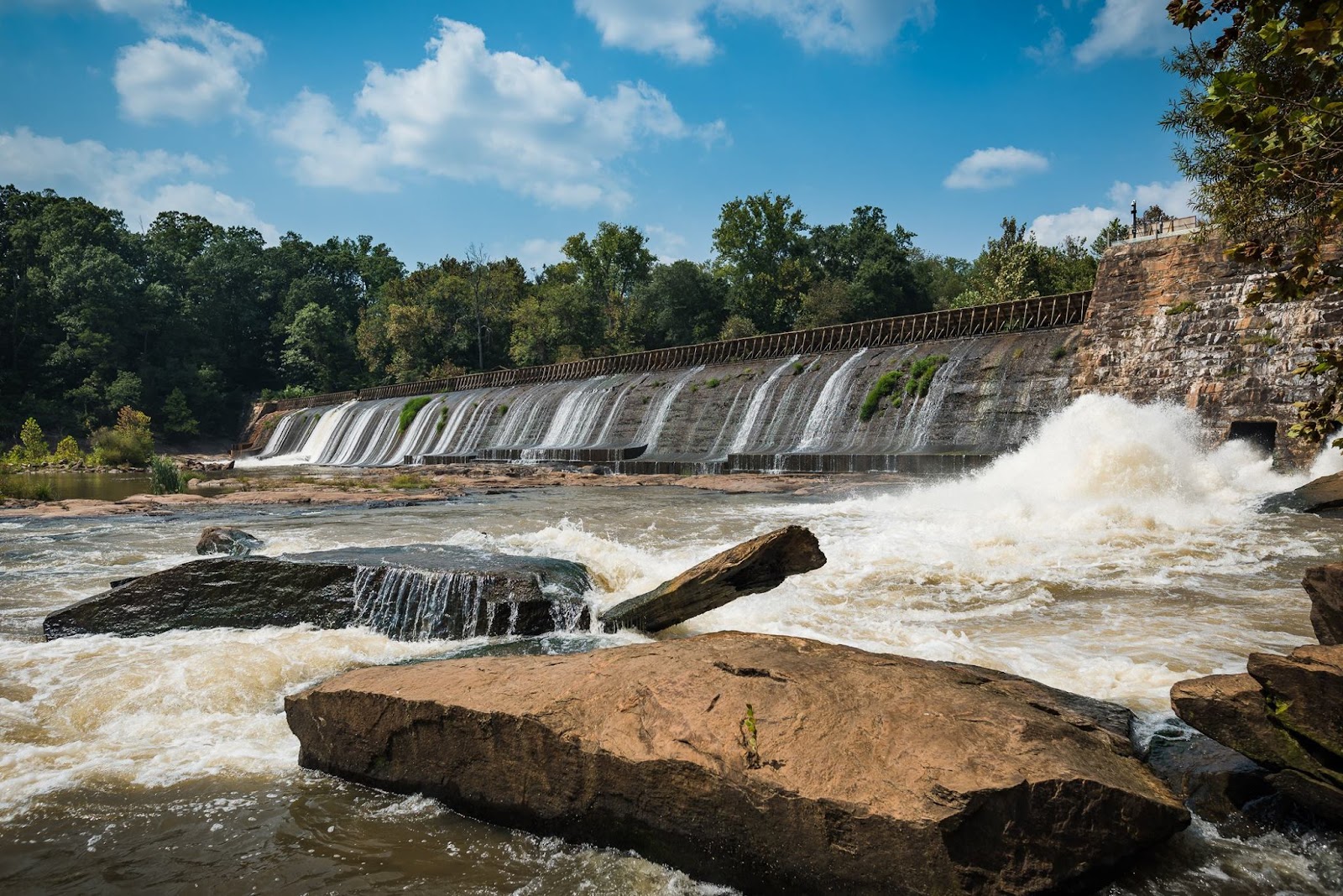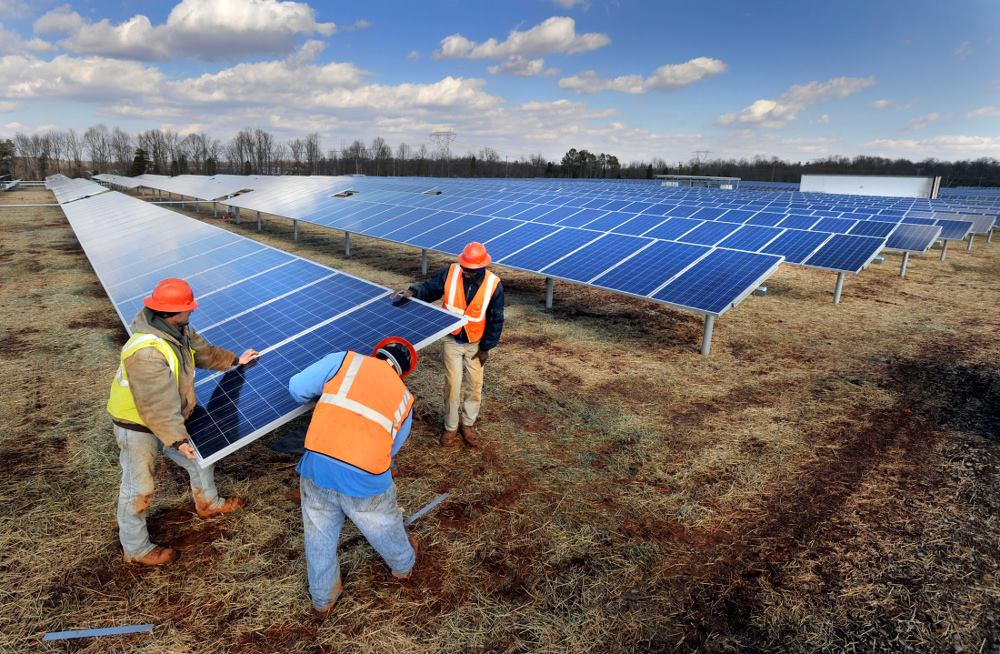“Remember the cold, dark Christmas Eve blackout two years ago, when several of [Duke Energy’s] coal and natural gas plants failed?” Carson Butts, former state director of Raleigh-headquartered Conservatives for Clean Energy North Carolina, asked in an op-ed published in Business North Carolina in February. “North Carolina’s surging demand for electricity — partly for the power-hungry data centers and heavy industries flocking here — has made it necessary for Duke to boost power generation every way that it can, as fast as it can, while continuing to phase out coal plants that pollute our air and water. . . Duke’s choice is simple: expand clean energy, or run short of power.”
The op-ed focuses on Duke Energy’s proposed Carolinas Resource Plan for North and South Carolina, which aims to “reliably meet the energy needs of our vibrant and growing region over the next 15 years, while also planning for the longer-term energy transition,” the company described. In 2023, Duke filed the plans with the North Carolina Utilities Commission (NCUC), which accepted its layout of near-term actions at the end of last year.
Although the plan includes a longer timeline to meet its target of 70% carbon reduction, “widely overlooked is Duke’s rapid and much larger acceleration of clean solar, hydroelectric, and wind energy,” Butts wrote. He added that despite plans for some new natural gas plants with 5,620 megawatts (MW) of capacity, “to expand its power generation as quickly and efficiently as possible, Duke is adding more than twice as much in clean, renewable energy.”
Among the clean energy assets the company will add are 6,700 MW of solar, 2,700 MW of battery storage, and 300 MW of onshore wind by 2031, with onshore wind ramping up to 1,200 MW by 2033. Offshore wind goals, which are yet to be finalized, target between 800 and 1,100 MW by 2034 and 2,200 to 2,400 MW by 2035. Plus, Duke Energy will develop 300 MW of advanced nuclear capacity by 2034 and 600 MW by 2035, helping to replace the Belews Creek coal plant in Stokes County.
Duke Energy will also continue to develop Bad Creek Hydro II in Oconee County, South Carolina. The original 1,400 MW hydroelectric plant, completed in 1991, only uses approximately 30% to 40% of the upper reservoir’s storage capacity. The project expansion would double the power generation and storage capacity to 1,700 MW by 2034, benefiting both North and South Carolina. The company noted on its website, “Duke Energy believes the Bad Creek II Power Complex represents a once-in-a-generation opportunity to double the project’s renewable energy generation and storage capacity, with minimal long-term impacts to the natural environment.”

Photo Courtesy Duke Energy
Among the benefits of North Carolina’s clean energy revolution is enhanced national security, Butts argued, claiming that “increasing political instability overseas threatens global energy markets.”
However, Butts explained that this expansion of clean power is primarily fueled by energy-focused goals: “Members newly elected to the General Assembly and lawmakers skeptical of environmentalism should see in Duke’s move what my group has said for years: we need more clean energy not to save the planet, but to keep the lights on. It’s clearer than ever that we must have more wind, solar, and hydropower to meet our state’s soaring energy demand. Period, full stop.”
He cited Duke Energy’s statement in response to the NCUC ruling: “We believe this is a constructive outcome that allows us to deploy increasingly clean energy resources at a pace that protects affordability and reliability for our customers. The order confirms the importance of a diverse, ‘all of the above’ approach that is essential for long-term resource planning and helps us meet the energy needs of our region’s growing economy.”
Butts highlighted how the clean energy transition has bipartisan support and reflected on behalf of Conservatives for Clean Energy North Carolina, “As conservatives, we believe Duke’s additional renewable energy assets and others like them in the private sector will promote economic development that brings jobs and investment to communities across our state while reducing air and water pollution.” The nonprofit adds on its website, “Saving energy and taxpayer resources aligns perfectly with the goals of fiscal conservatism. Conservatives can and should lead on energy efficiency, as it matches our core values.”

Photo Courtesy Conservatives for Clean Energy
He concluded, “Fortunately, North Carolina is blessed with abundant sunshine, wind, and water to help fuel our economy, promote national security, and power our busy lives at home, work, school, and play. To keep everyone’s electricity flowing, we have to harness them all. That’s pragmatic. It’s responsible. And, yes, it’s conservative.”





